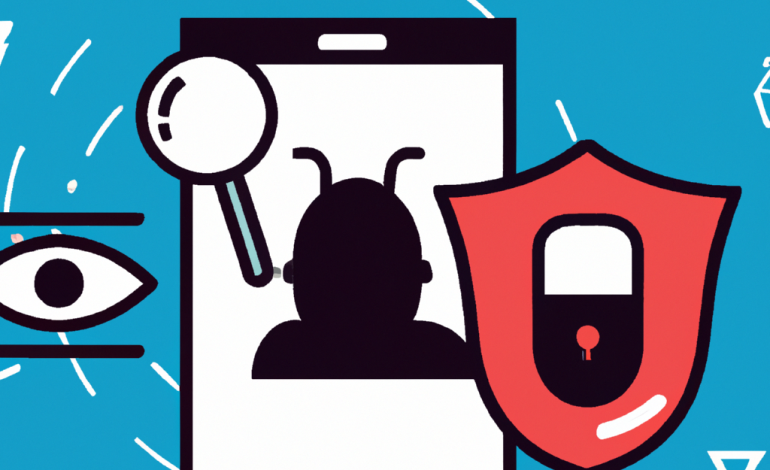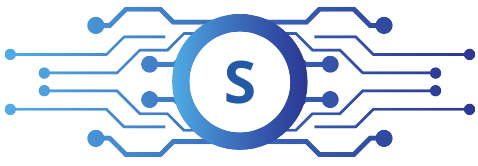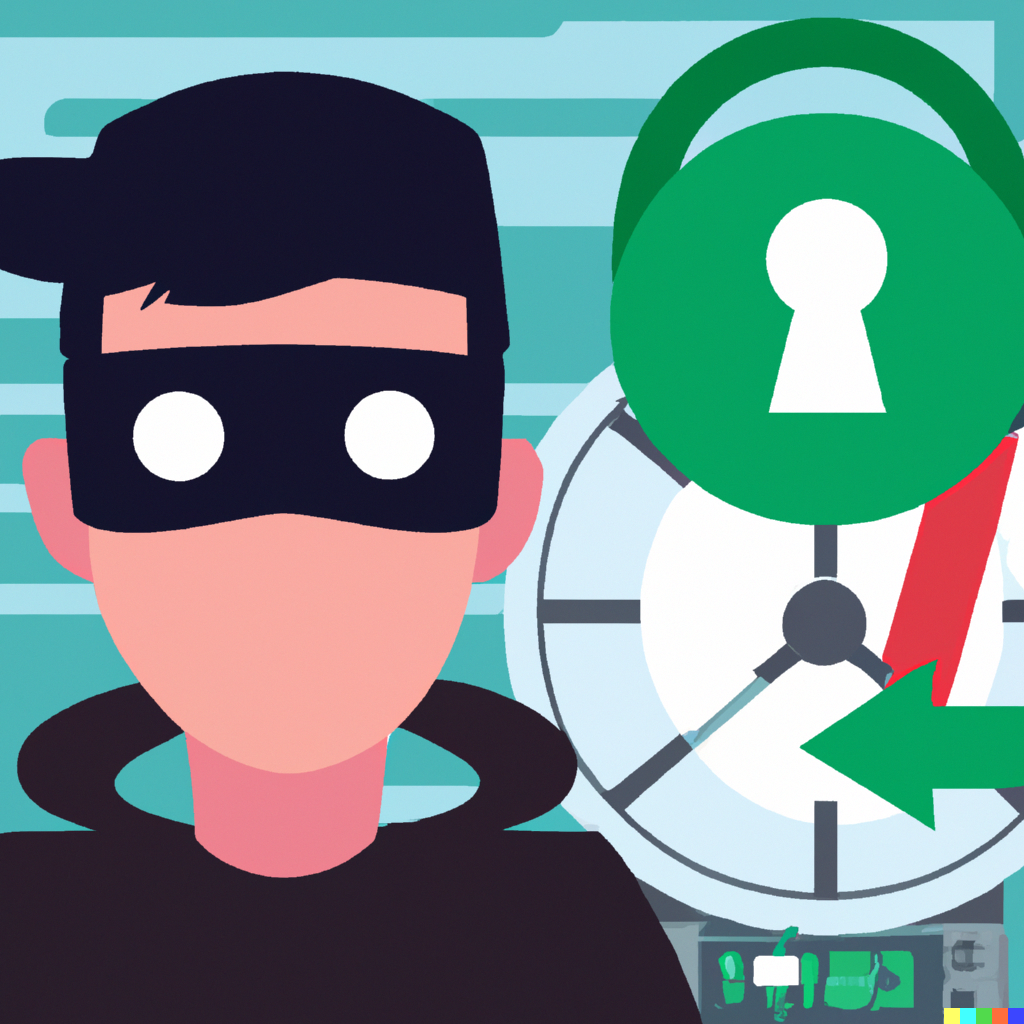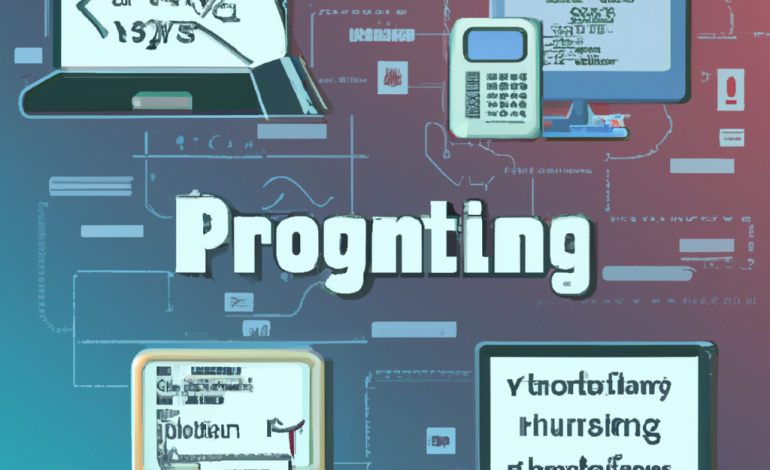
Cybersecurity and data privacy are two closely related concepts that are often used interchangeably. However, they are not the same thing. Cybersecurity refers to the measures taken to protect computer systems, networks, and data from unauthorized access, attack, theft, or damage. Data privacy, on the other hand, is concerned with the protection of personal information and the right to keep that information private.
Cybersecurity
Protecting against cyber attacks and unauthorized access to sensitive information.Cybersecurity refers to the protection of computer systems from theft or damage to the hardware, software or the information on them. Cybersecurity laws and regulations are designed to protect against unauthorized access, use, disclosure, disruption, modification, or destruction of digital information. A strong cybersecurity strategy involves implementing firewalls, anti-virus software, and encryption to prevent cyber attacks and protect sensitive data.
Data Privacy
Protecting personal information and ensuring compliance with data protection regulations.
Data Privacy refers to the protection of personal information that is collected, used, and shared by companies and organizations. Data Privacy laws and regulations are designed to protect the privacy of individuals by regulating the collection, use, and disclosure of their personal data. This includes collecting, storing, and handling personal data in a way that respects individuals’ privacy rights. Companies must implement policies and procedures to ensure that personal data is collected and used lawfully, and that individuals are informed about how their data is being used and who it is being shared with.
Relationship between Cybersecurity and Data Privacy
Cybersecurity and data privacy are closely related because protecting personal information is a critical component of cybersecurity. In order to ensure that computer systems and networks are secure, it is important to protect the sensitive information that is stored on those systems. At the same time, cybersecurity measures can help to protect personal information from being accessed or stolen by unauthorized individuals.
In addition, data privacy regulations such as the GDPR and CCPA require organizations to implement strong cybersecurity measures to protect personal information. Failure to do so can result in significant fines and legal consequences. Therefore, cybersecurity and data privacy are both important aspects of protecting sensitive information and ensuring compliance with regulations.
Impact on Reputation and Consumer Trust
Companies that fail to adequately address cybersecurity and data privacy issues risk damaging their reputation and losing consumer trust. A data breach or cyber attack can result in the loss of sensitive information, financial losses, and damage to a company’s reputation. Similarly, mishandling personal data can result in legal sanctions, fines, and loss of consumer trust. Companies that prioritize cybersecurity and data privacy and take proactive measures to protect their systems and data can build trust with consumers and enhance their reputation.
GDPR
The General Data Protection Regulation (GDPR) is a European Union (EU) law that regulates data privacy and cybersecurity for individuals within the EU. It aims to protect the personal data of EU citizens and residents, and it applies to all companies that process personal data of EU citizens, regardless of where the company is located.
CCPA
The California Consumer Privacy Act (CCPA) is a state law that regulates data privacy for California residents. It gives California residents the right to know what personal information is being collected about them, the right to request that their personal information be deleted, and the right to opt-out of the sale of their personal information.
Example in Finance Industry
In the finance industry, cybersecurity is a top priority due to the sensitive nature of financial data. Banks and financial institutions invest heavily in cybersecurity measures such as firewalls, encryption, and multi-factor authentication to protect against cyber attacks and data breaches. Data privacy is also important, but often takes a backseat to cybersecurity in this industry.
Example in Healthcare Industry
In the healthcare industry, both cybersecurity and data privacy are critical due to the sensitive nature of patient data. Healthcare organizations must comply with regulations such as HIPAA to protect patient privacy, while also implementing cybersecurity measures to prevent cyber attacks and data breaches.
In today’s digital age, cybersecurity and data privacy are critical issues that companies must address to protect their reputation and maintain consumer trust. While these two terms are often used interchangeably, they have distinct differences and require different approaches to manage effectively.



